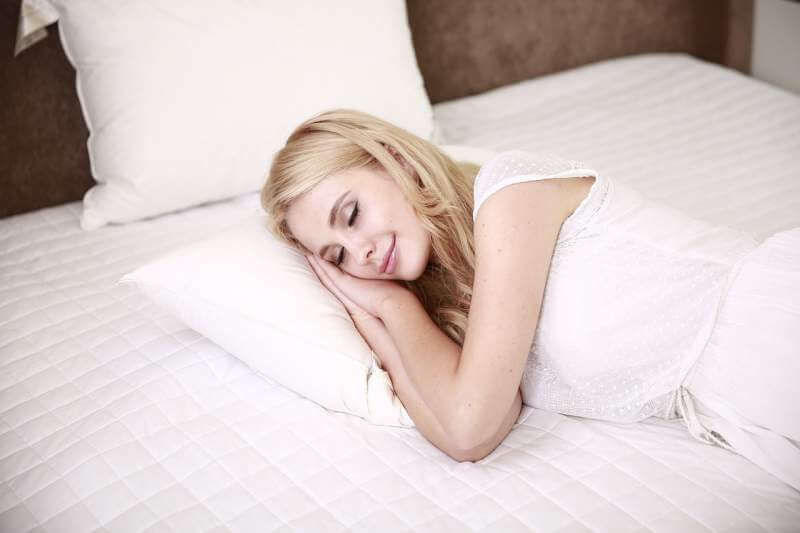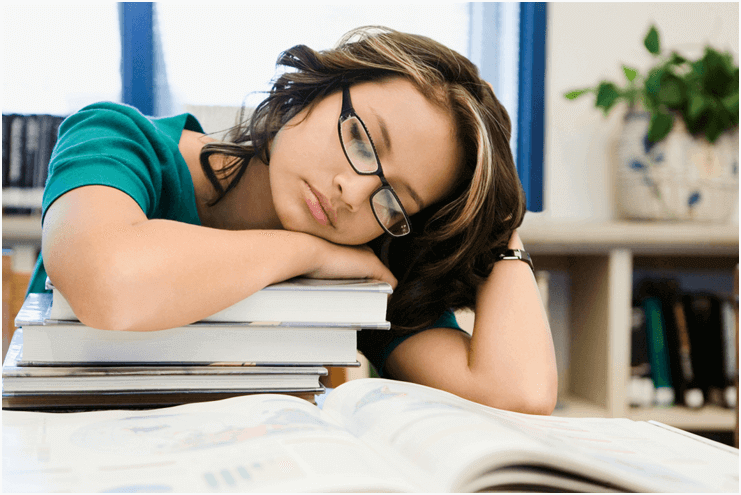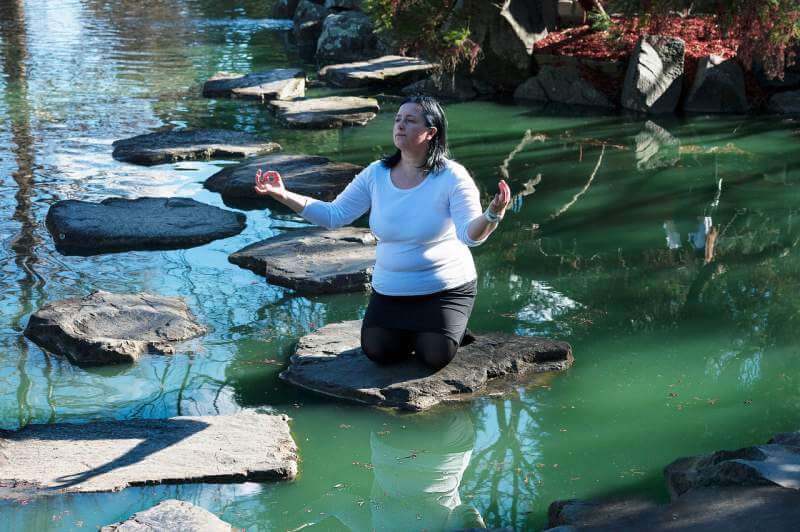Sleeping well is one of the greatest secrets of a happy life. That is why a number of problems can crop up if you do not get adequate sleep. Sleeplessness does not just have adverse effects on your physical health, but it also has a great impact on your mental health.
Now depression and sleeping disorders almost go hand in hand. Depression can be caused by the prolonged periods of sleeplessness. Again, a person undergoing clinical depression usually, find it difficult to stay or fall asleep.
So it can be said that no matter which one comes first, the other one can crops up almost automatically. In the same way, a slight improvement in one of the conditions can actually lead to the improvement of the other one.
The Reason Why Sleep is So Vital for the Body

The reason why your sleep is so vital is because it is the restoring process of the body. But when the sleep is disrupted, it actually disrupts the natural process of the body leading to enhanced vigilance, tension and irritability.
Mental or physical trauma and metabolic or other medical problems can lead to sleep disturbances. Fatigues is one of the primary effects of sleeplessness. As a result of that, you exercise less and that leads to a decline in the level of fitness.
Eventually this leads to viscous cycle of fatigue and sleeplessness that causes both mood-related and physical symptoms.
What is Clinical Depression?

Clinical depression happens to be a disorder of the mood. When you have this condition you may feel hopeless, sad, helpless and worthless. From time to time, we all feel a bit down or sad. It is okay to feel blue on certain days in our life. But when you are sad for quite some time, gradually this emotion becomes intense and depression sets in. Again, the depressed mood comes with its associated physical symptoms that can keep you from leading a normal life.
Link between Depression and Sleep Disorders

One of the key symptoms of clinical depression is the inability to sleep. Another sign of going through this condition is that of oversleeping or sleeping too much.
Keep it in mind that having a sleep disorder does not necessarily mean that you are bound to have depression. But a lack of sleep plays a key role, in this case. A lack of sleep from personal problems or another ailment can worsen the depression. One of the vital clues that someone may be suffering from depression or worse happens to be an inability to sleep for a long time.
Lifestyle Tips for Sleeping to Combat Depression

Now that you know the condition, here are some tips that will help you to deal with this condition. These in combination with the medications like sedative hypnotics and antidepressants can actually resolve this problem to a great extent.
- Exercise and Be Active –The last thing that someone who is fatigued or depressed likes to do is exercising. Yet exercise can be as effective as any form of medication or therapy in order to combat minor depression. Exercise can also assist the body to sleep early if it is done almost three to five hours before sleeping.
In case, the thought of exercising makes you feel bad, then you should remember that that it does not always mean that you need to join the gym for being physically active. Instead you should go ahead and go for swimming, gardening or walking. These minor ways of being active also means a lot. You just have to put your heart rate up and keep your body moving. - Meditation, Music or Reading – Listening to soft music, meditation and reading can assist you to enhance relaxation while focusing your thoughts on pleasant or neutral topics.
- Exposure to Sunlight – This should be treated as a drug or medication. Two of the benefits are that the sunlight exposure helps to normalize the sleep cycle and it also helps to enhance the mood. Melatonin is one hormone in the body that helps to regulate the body clock strongly and this is influenced by the exposure to light. That is why you should expose yourself to sunlight for as long as possible. This is a great way to lift your mood and feel more alert.
- Keep Your Head Clear – You should go about this by writing your thoughts down that needs to be completed by the next day. Once you have done that, tell yourself that you can think about it the next day.
- Refrain from Looking at the Bright Screen – You should avoid looking at the LCD monitor of your television or laptop just before going to sleep. This is because the light emitted from the monitors suppresses the release of the natural hormone called melatonin that signals the brain to go to sleep.
- Go for More Social Interaction – At the time of dealing with sleep disorder and depression, interacting with the people may seem like a chore or a job. Yet doing so can greatly uplift your mood and outlook. Your friends and family can help you to cope with the situation.
Moreover, interacting with people can also act as a sleep aid. Moreover, being around people who are on a regular sleep cycle can help you adjust and adopt the cycle in the long run. - Avoid Caffeine, Nicotine or Alcohol –You should also avoid these ingredients in the evening if you have sleep disorders. You should also check the ingredients for any medicine before taking them. If it contains caffeine then you should stake the advice of your doctor prior to consuming it.
- Take a Hot Bath before Getting to Bed – This one happens to be a very effective way of sleeping. If you take a warm shower just before sleeping then as your body cools you can slowly go off to sleep.
- Don’t Toss and Turn in Bed – If you are unable to sleep, do not keep tossing and turning on your bed. You can get out and do some light activity like reading or listening to music. Go back when you are feeling like sleeping.
The above are some of the ways in which you can go ahead and deal with your sleep disorder and depression. These steps can well be considered as your sleep disorders treatment. If not completely curing it, these will surely make things much better for you.
References –
1. https://www.webmd.com/depression/guide/depression-sleep-disorder#1
2. https://www.healthcentral.com/article/how-to-reduce-the-symptoms-of-insomnia-and-depression
3. https://www.webmd.com/depression/guide/depression-sleep-disorder#3
